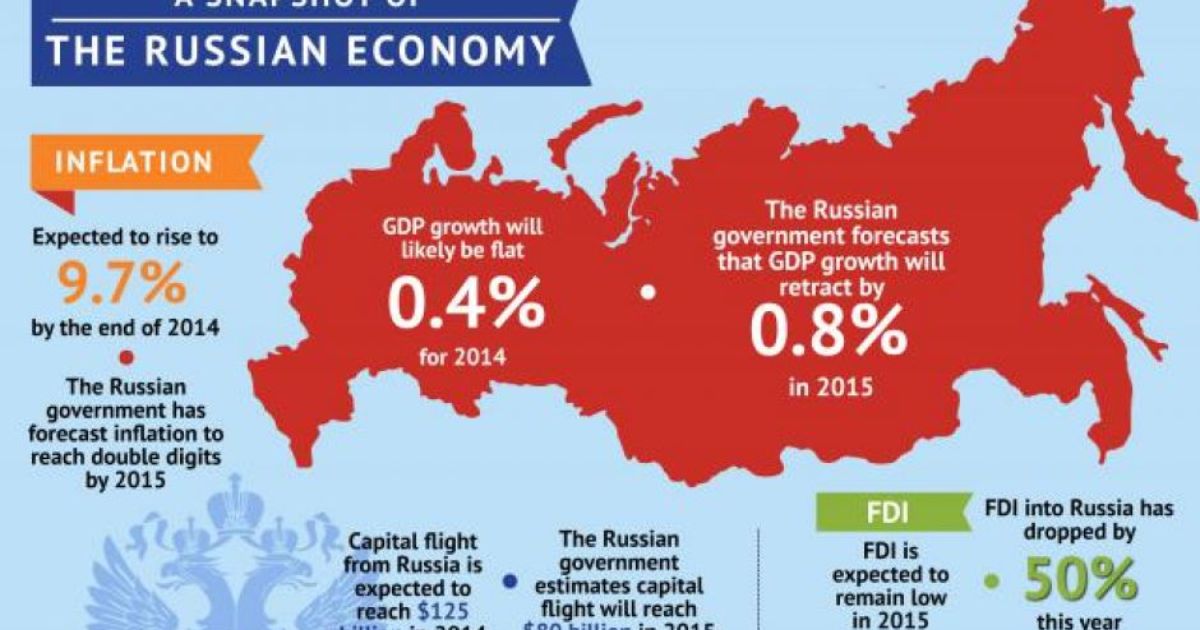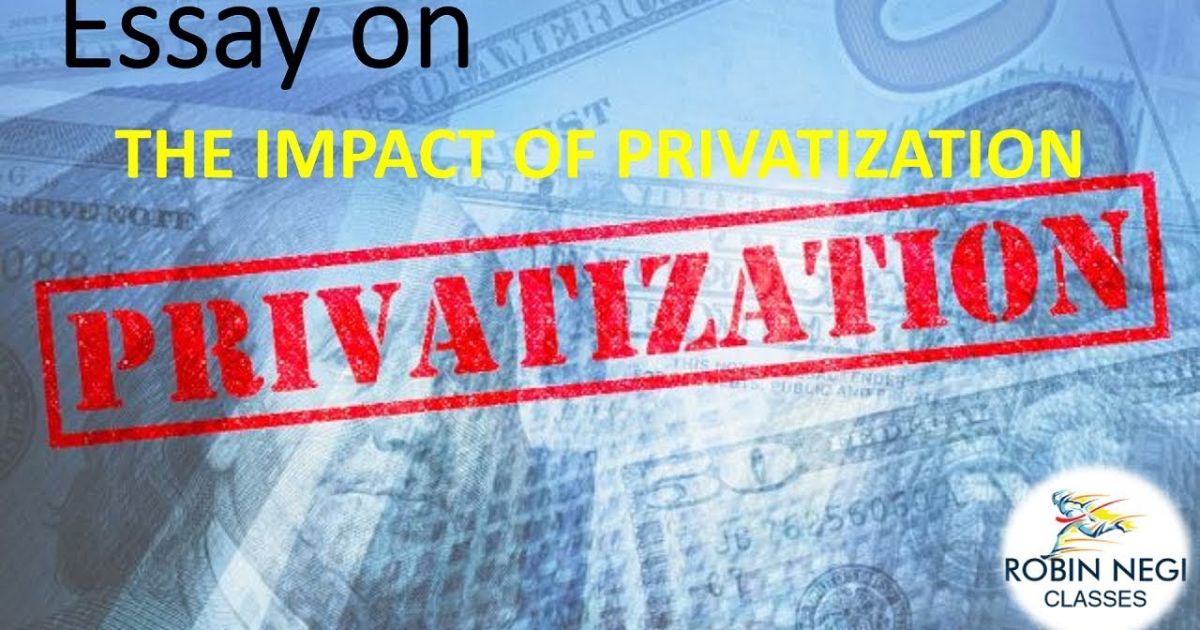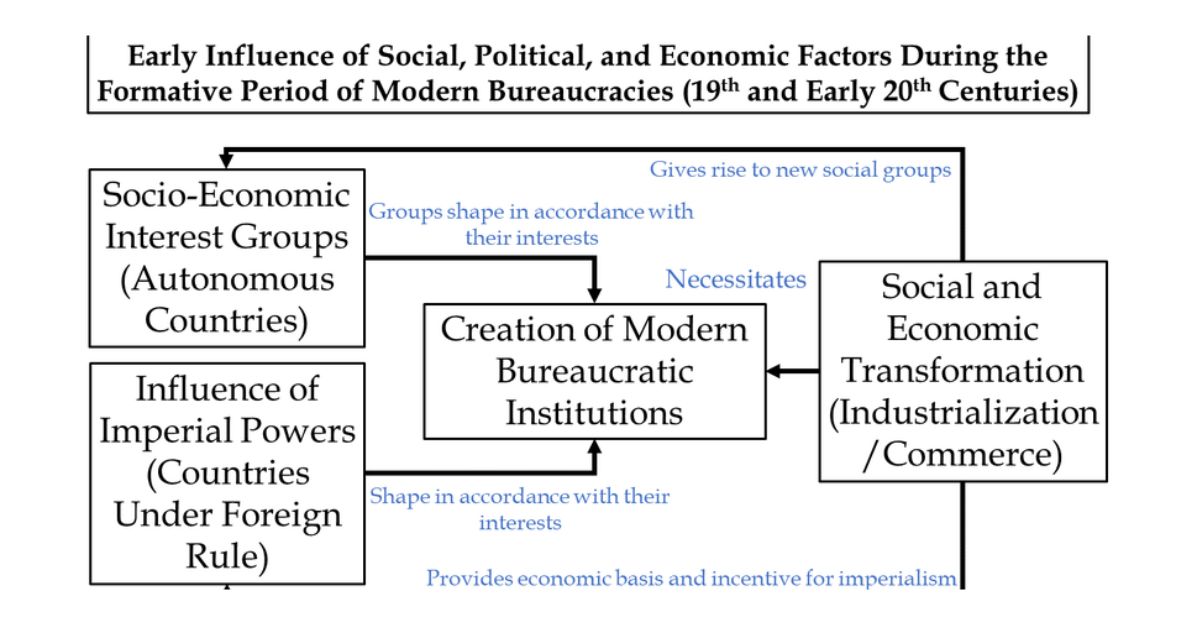Did you ever wonder how Russia’s new free-market economy impacted the average Russian? Well, this article will delve into the effects of this economic transition on the lives of everyday Russians.
From the privatization of state-owned enterprises to the influence of foreign investments, we will explore the changes in employment opportunities, income distribution, healthcare, education, and even political and social dynamics.
Join us as we uncover the long-term consequences of Russia’s economic transformation on its society.
Historical Background of Russia’s Economic Transition
How did Russia’s economic transition impact you, the average Russian?
Well, it all began in the early 1990s when the Soviet Union collapsed, and Russia embarked on a path of economic reform. The government introduced market-oriented policies, privatized state-owned enterprises, and opened up the economy to foreign investments.
As an average Russian, you witnessed significant changes in your daily life. The transition to a free-market economy brought both opportunities and challenges. On one hand, you experienced an increase in consumer choices, access to imported goods, and a rise in private businesses.
On the other hand, you also faced inflation, unemployment, and social inequality. It was a complex and tumultuous time, and the impact of this economic transition varied for each individual.
Privatization of State-Owned Enterprises
As an average Russian, you witnessed a significant increase in private ownership and the expansion of the market through the privatization of state-owned enterprises. This process began in the 1990s when the Russian government started selling off its assets to private individuals and companies.
State-owned enterprises in sectors such as oil, gas, telecommunications, and banking were sold to private investors through auctions or voucher privatization programs. This shift from state control to private ownership aimed to introduce competition, improve efficiency, and attract foreign investment.
However, the privatization process wasn’t without controversy, as some accused it of being corrupt and benefiting only a few wealthy individuals.
Nevertheless, privatization played a crucial role in shaping Russia’s new free-market economy and opening up opportunities for both domestic and international businesses.
Impact of Foreign Investments on the Average Russian
When it comes to the impact of foreign investments on the average Russian, you may have experienced both positive and negative effects on your daily life.
On the positive side, foreign investments have brought in new technologies, expertise, and job opportunities. This has led to an increase in the overall standard of living for many Russians, as well as the development of new industries and infrastructure. Foreign investments have also contributed to the growth of the Russian economy and increased foreign trade.
However, there are also negative effects to consider. Some foreign companies may exploit local resources and labor, leading to environmental degradation and unfair working conditions. Additionally, foreign investments can lead to a concentration of wealth in the hands of a few, exacerbating income inequality.
As an average Russian, you may have seen both the benefits and drawbacks of foreign investments in your daily life.
Changes in Employment Opportunities
Your employment opportunities have significantly changed due to Russia’s new free-market economy. In the past, the government controlled most industries and employment options were limited. However, with the shift towards a market-oriented economy, the private sector has grown rapidly, creating new job opportunities.
Foreign companies have also entered the Russian market, bringing with them new employment prospects. This has led to a diversification of industries and increased competition for skilled workers. As a result, you now have a wider range of career options to choose from.
Moreover, the introduction of market forces has made the job market more dynamic and flexible. You may now find opportunities for entrepreneurship and self-employment, as well as the chance to work for multinational corporations.
Effects on Income Distribution and Inequality
With the transition to a free-market economy, your income distribution and inequality have been significantly impacted. In the early years of the transition, income inequality skyrocketed as the gap between the rich and the poor widened. This was mainly due to the privatization process, which led to the concentration of wealth in the hands of a few individuals.
As state-owned enterprises were sold off, the new business elite emerged, accumulating vast fortunes while the majority of the population struggled to make ends meet. However, over time, the situation has started to stabilize. Government policies aimed at reducing inequality, such as social welfare programs and progressive taxation, have been implemented.
As a result, income distribution has become more balanced, although disparities still exist. The challenge now is to continue addressing income inequality and ensuring that the benefits of economic growth are shared more equitably among the population.
Rise of Consumer Culture and Availability of Goods
You experienced a significant rise in consumer culture and the availability of goods during Russia’s transition to a free-market economy. As the country embraced capitalism, the market opened up to a wide range of products and brands that were previously inaccessible.
Suddenly, you found yourself surrounded by an abundance of choices in stores and markets. From clothing and electronics to food and household items, there was an increased availability of goods that catered to various tastes and preferences.
This newfound consumer culture also brought about changes in lifestyle and attitudes towards material possessions. People began to prioritize personal desires and indulgences, viewing them as symbols of success and social status.
Impact on Housing and Living Standards
As Russia’s new free-market economy took hold, you saw an improvement in housing and living standards. The transition from a planned economy to a market-based system brought about changes in the availability and quality of housing options.
The government’s shift in focus from state-owned housing to private ownership allowed for greater flexibility in the housing market. This led to an increase in the construction of new residential buildings and the renovation of existing ones. As a result, you experienced a wider range of housing choices, with improved amenities and living conditions.
Additionally, the increase in competition among housing providers led to more affordable prices, making it easier for you to find suitable accommodation.
Changes in Healthcare and Social Services
The implementation of the new free-market economy in Russia brought significant changes to the availability and quality of healthcare and social services for the average Russian. With the shift towards a market-based system, the government reduced its role in providing healthcare and social services, leading to a decrease in the accessibility and affordability of these essential services.
Privatization of healthcare facilities and the introduction of user fees resulted in higher costs for medical treatments and medications, making them less accessible for the average Russian.
Additionally, the reduction in government funding for social services led to a decrease in the quality and availability of programs such as education, childcare, and welfare support.
As a result, many Russians now struggle to afford necessary healthcare services and face limited access to social support systems.
Education Reforms and Access to Higher Education
With the implementation of education reforms, access to higher education in Russia became more limited for the average Russian. The reforms, which aimed to modernize the education system and align it with international standards, inadvertently created barriers for many aspiring students.
One of the main changes was the introduction of tuition fees for higher education institutions, making it more expensive for students to pursue a degree. This posed a significant financial burden, especially for families with limited resources.
Additionally, the reforms focused on streamlining the education system, reducing the number of available places in universities and increasing competition for admission. As a result, many qualified students were unable to secure a place in higher education institutions, limiting their opportunities for personal and professional growth.
Influence on Political and Social Dynamics
The introduction of a free-market economy in Russia brought about significant changes in political and social dynamics, shaping the country’s future direction.
As an average Russian, you witnessed a shift in power from the centralized government to private businesses and individuals. This transition led to the emergence of a new class of wealthy entrepreneurs and oligarchs who gained considerable influence over the political landscape.
The free-market economy also brought about social stratification, with a growing wealth gap between the rich and the poor. This disparity led to social unrest and dissatisfaction among the lower-income population.
Additionally, the introduction of a free-market economy encouraged individualism and competition, as people had to adapt to the new economic realities and strive for success in the business world.
Long-Term Consequences for Russia’s Economy and Society
You may wonder what long-term consequences Russia’s new free-market economy has had on its economy and society.
Well, the transition to a free-market economy in Russia has had both positive and negative effects. On the positive side, it has led to economic growth and increased foreign investment. The new market-oriented policies have encouraged entrepreneurship and innovation, leading to the development of new industries and job opportunities.
However, there have also been negative consequences. The gap between the rich and the poor has widened, leading to increased income inequality. Moreover, the transition has been accompanied by corruption and a lack of transparency, which has hindered the country’s economic and social development.
Conclusion
In conclusion, Russia’s transition to a free-market economy has had a significant impact on the average Russian.
Privatization, foreign investments, and changes in employment opportunities have brought both opportunities and challenges. Income distribution and inequality have been affected, as well as healthcare, social services, and education.
The influence on political and social dynamics has been notable. Ultimately, the long-term consequences for Russia’s economy and society are still unfolding, but the transition has undoubtedly shaped the lives of the average Russian.













